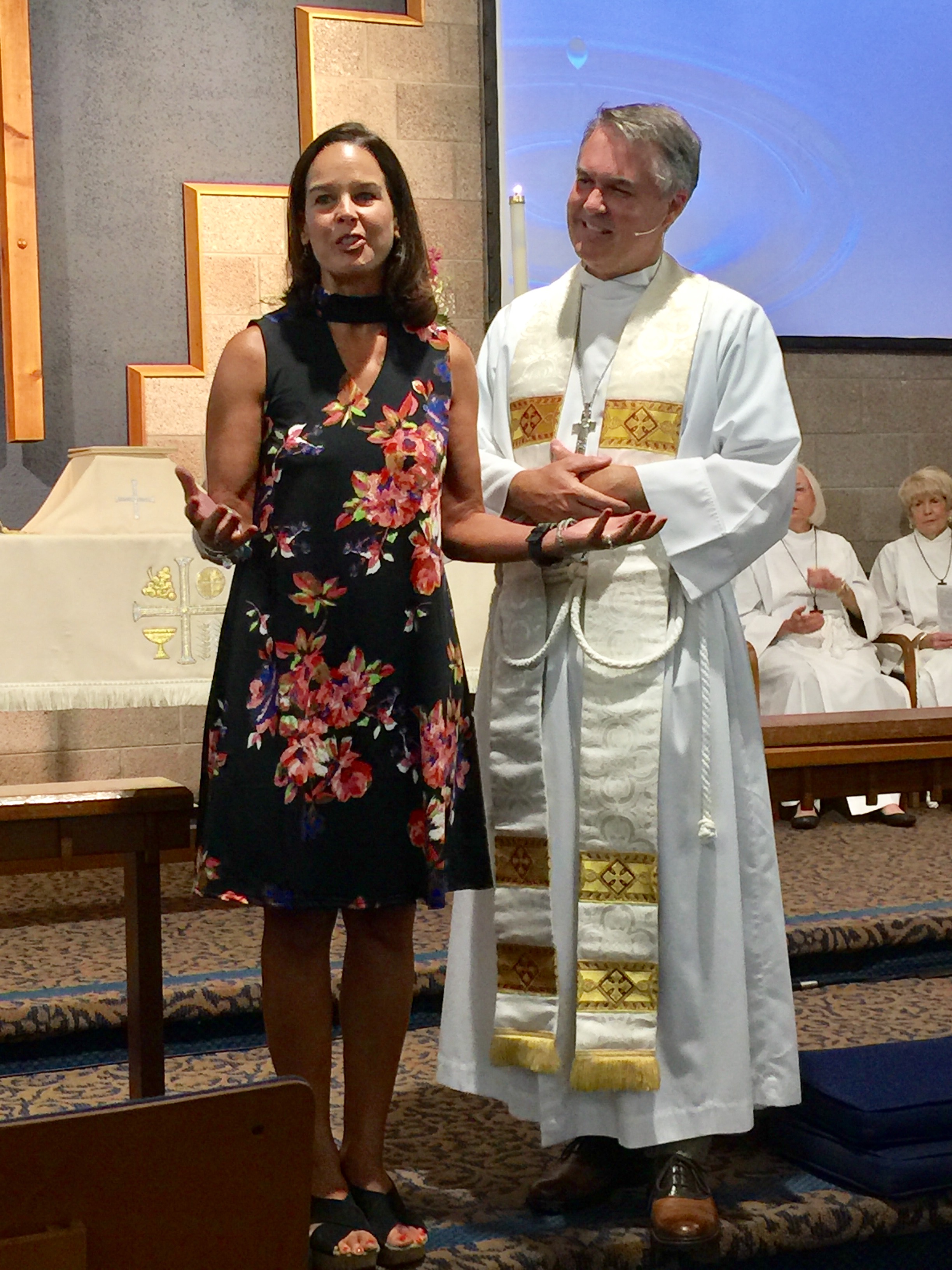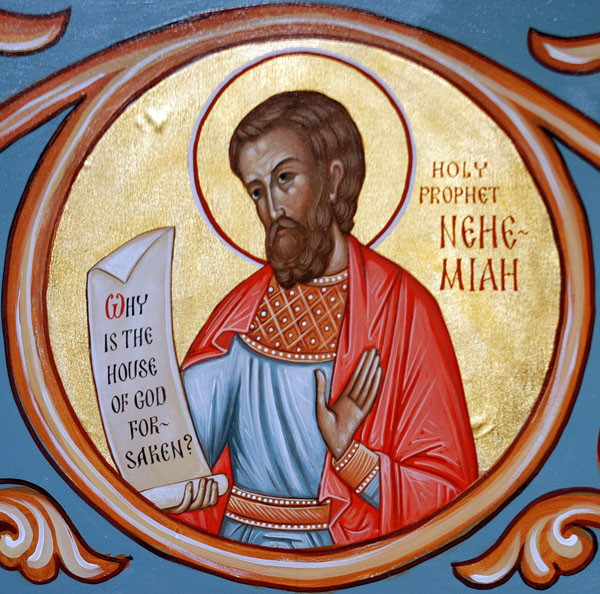So what’s the big deal about the donkey? Why did Jesus ride a donkey into Jerusalem? Why is this such a celebrated act for Christians on Palm Sunday?
It is called the triumphal entry. The scene of Jesus’ entry into the city of Jerusalem conveyed a certain anticipation that something important was happening. The details of the entrance were precisely choreographed and planned by Jesus himself.
The disciples were told to go to a precise location where they would find tied a donkey and her colt. They were instructed to “untie them and bring them to me. If anyone says anything to you, you shall say, the Lord needs them, and he will send them at once” (Matthew 21:2-3)
Interestingly, the disciples seem to accept these instructions without question. No one asks Jesus, “Now why are we doing all of this? Doesn’t this seem a little strange?”
Matthew, the writer of the Gospel, anticipates that the reader hearing the story read may be more than a little puzzled.
We who have heard the story anticipate that Jesus is a great leader who will bring hope and salvation. And yet the drama of a person riding on a donkey seems a little anticlimactic, and to put it bluntly, rather normal.
People ride into Jerusalem on donkeys on a daily basis. These were beasts of burden, farm animals. They were the work vehicles of the ancient world.
But the significance of the donkey is found in the fulfillment of an ancient prophecy which provides this interpretive key to understanding Jesus instructions and actions. It reads,
Rejoice greatly, O daughter of Zion!
Shout aloud, O daughter of Jerusalem!
Behold, your king is coming to you;
righteous and having salvation is he, humble and mounted on a donkey, on a colt, the foal of a donkey (Zechariah 9:9).
Matthew, the gospel writer, understands Jesus’ actions to be a fulfillment of a prediction made by the prophet Zechariah concerning the coming of the royal Messianic king to Jerusalem the capital city of Judah and Israel. The prophecy explicitly foretold that when the Messiah comes to usher in the age of restoration, salvation and peace he will enter the city riding on the back of a donkey and her colt.
Matthew doesn’t quote the entire reference from Zechariah. But, if we go back to the original prophecy we would have greater understanding of the reason for the donkey as opposed to some other means of transportation.
I will cut off the chariot from Ephraim
and the war horse from Jerusalem;
and the battle bow shall be cut off,
and he shall speak peace to the nations;
his rule shall be from sea to sea,
and from the River to the ends of the earth.
As for you also,
because of the blood of my covenant with you,
I will set your prisoners free from the waterless pit.
Return to your stronghold,
O prisoners of hope;
today I declare that I will restore to you double (Zechariah 9:10-12).
The donkey is a sign that the Messiah will come as an instrument of peace and restoration and not as an instrument of war and violence.
A Roman king would enter a city triumphantly riding in on chariot powered by a mighty stallion of war. His parade would be long, with battalions of troops with swords and spears, with chariots and war horses. In his train, would be the spoils of battles, trophies in the form of slaves and women captured in humiliation and defeat, treasures galore.
We still use the phrase of the hero riding in on a “white horse” to save the day or rescue the oppressed. Jesus rode in on a simple donkey to save the world.
Here we see the mystery and paradox Jesus intentionally established by his actions. Jesus would indeed ride into the city on the beast of burden enthroned on the praises of a mighty crowd of supporters. Jesus salvation comes through humility and humiliation. Yet would the crowds perceive just how low he would go for them.
The action was public and dramatic.
“Hosanna to the Son of David! Blessed is he who comes in the name of the Lord! Hosanna in the highest!” (Matthew 21:9).
The story describes how the “whole city was stirred up”. Those who were roused by the activity questioned others in the crowd, “Who is this?” And the crowd would respond,
“This is the prophet Jesus, from Nazareth of Galilee” (Matthew 21:10-11).
The question is left for us to answer. “Who is this?” We live in a world that marvels and celebrates the powerful and wealthy. Yes the king of the universe enters our hearts and lives, not with bravado and pomp, but through humble access.
As we embark on Holy Week, humble your heart. Jesus would gain lordship over your life. Submit pride of self to the Servant King. Walk the way of the cross with Jesus, take on his mindset, manifest his character and live his life. The path to true triumph is a humble road.


